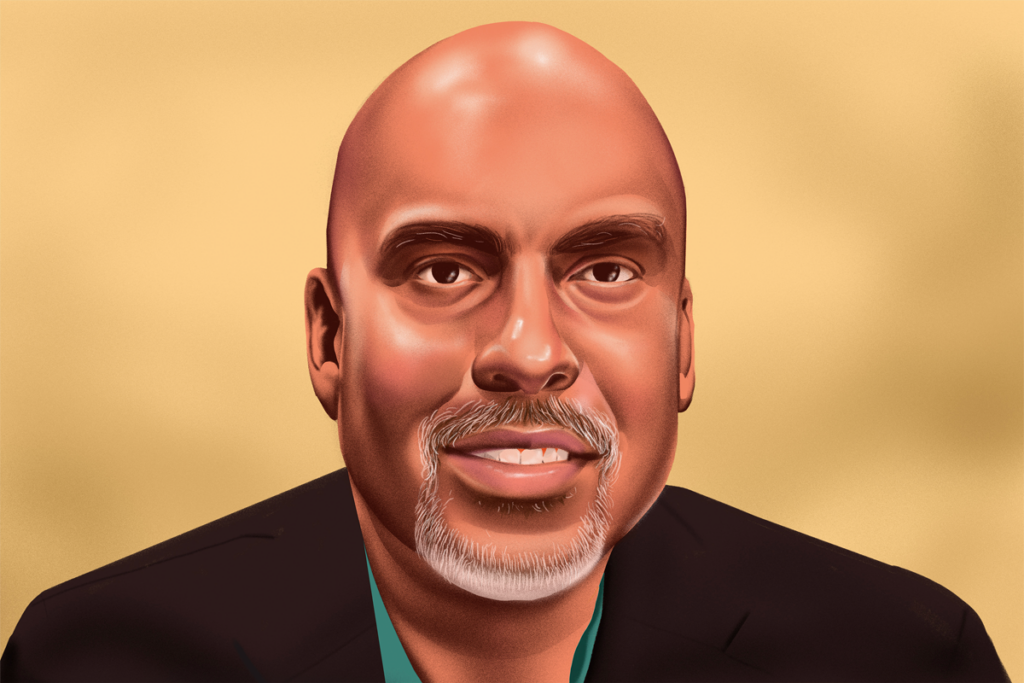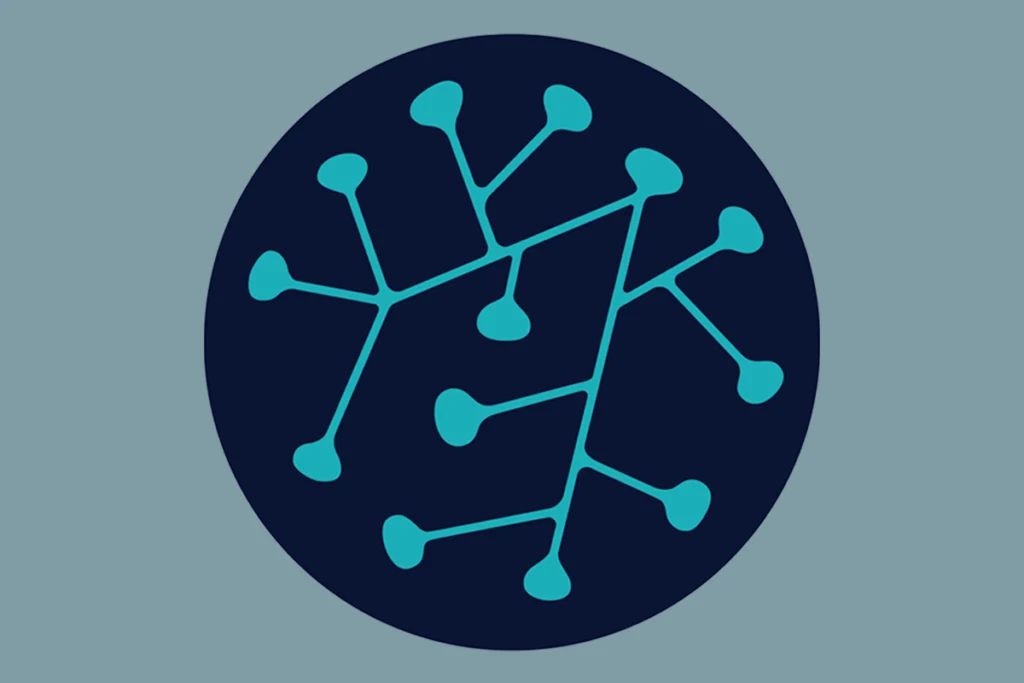Brady Huggett is features editor at The Transmitter, where he writes and edits features and long-form projects. He is also the creator and host of the “Synaptic” podcast. Before joining The Transmitter in 2022, he served as business editor at Nature Biotechnology, and prior to that was the managing editor of BioWorld.

Brady Huggett
Features editor
The Transmitter
From this contributor
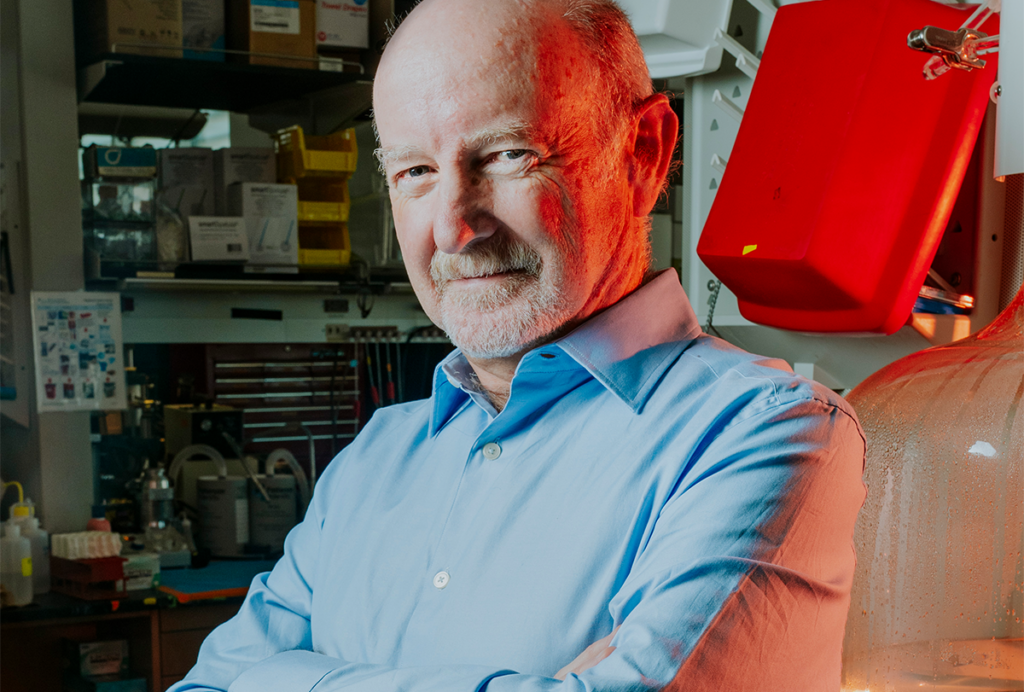
Releasing the Hydra with Rafael Yuste
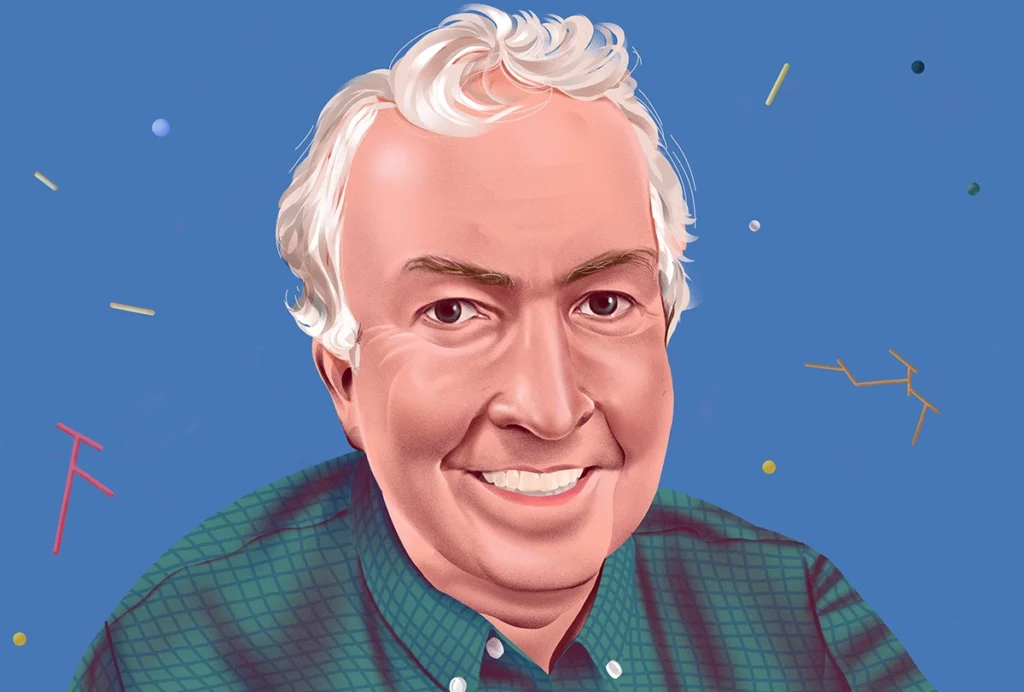
Timothy Ryan on his pivotal switch from studying particle physics to decoding synaptic transmission
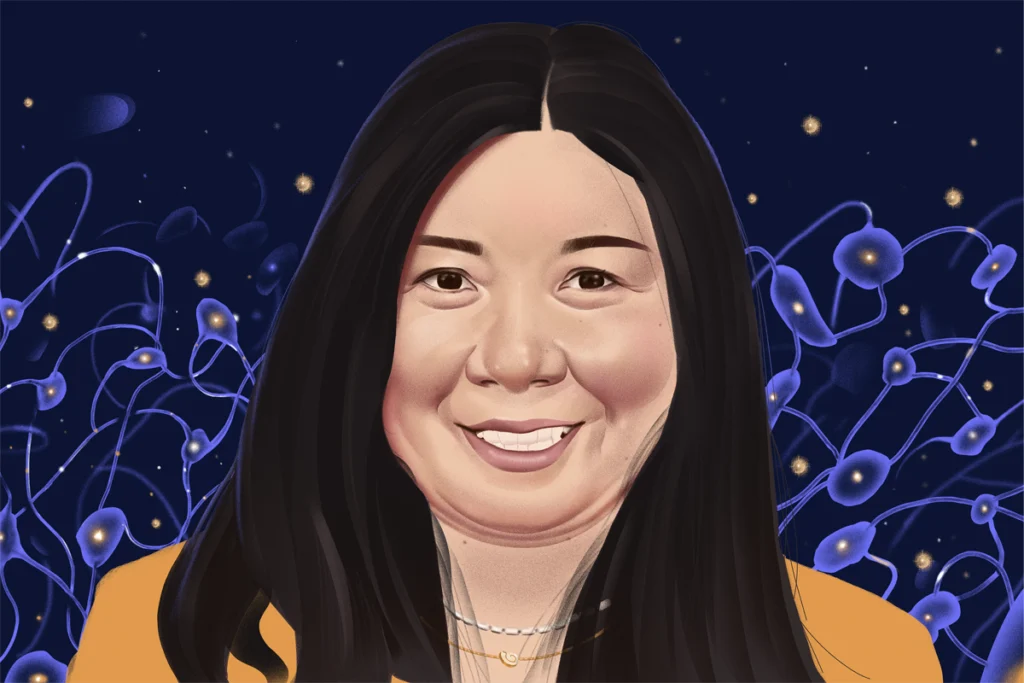
Biosensors and being fearless with Lin Tian
Education
- M.A. in creative writing, The New School
- M.A. in journalism, University of North Carolina at Chapel Hill
- B.S. in biology from Wake Forest University in Winston-Salem, North Carolina
Explore more from The Transmitter
Frameshift: Raphe Bernier followed his heart out of academia, then made his way back again
After a clinical research career, an interlude at Apple and four months in early retirement, Raphe Bernier found joy in teaching.

Frameshift: Raphe Bernier followed his heart out of academia, then made his way back again
After a clinical research career, an interlude at Apple and four months in early retirement, Raphe Bernier found joy in teaching.
Organoid study reveals shared brain pathways across autism-linked variants
The genetic variants initially affect brain development in unique ways, but over time they converge on common molecular pathways.

Organoid study reveals shared brain pathways across autism-linked variants
The genetic variants initially affect brain development in unique ways, but over time they converge on common molecular pathways.
Single gene sways caregiving circuits, behavior in male mice
Brain levels of the agouti gene determine whether African striped mice are doting fathers—or infanticidal ones.

Single gene sways caregiving circuits, behavior in male mice
Brain levels of the agouti gene determine whether African striped mice are doting fathers—or infanticidal ones.
